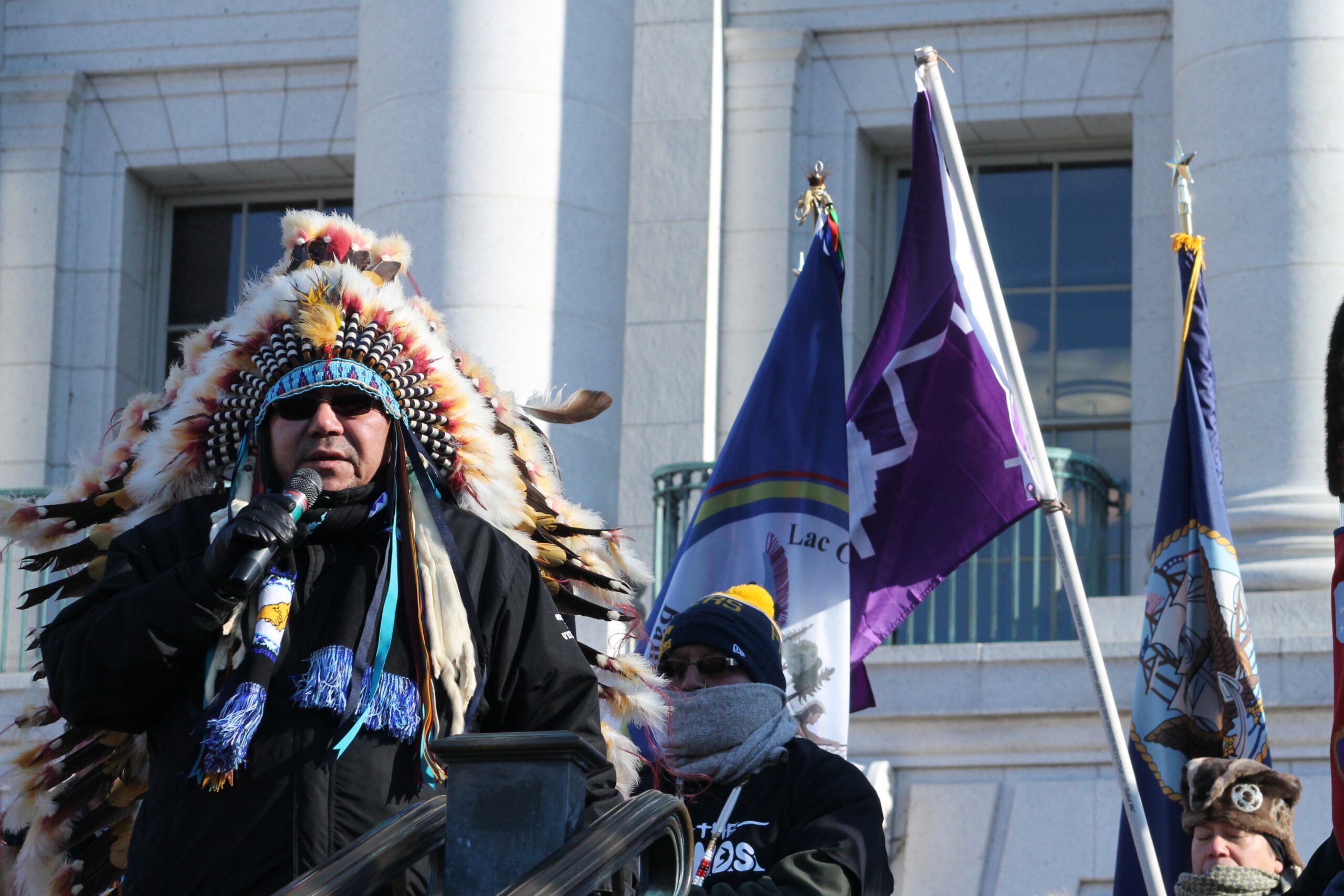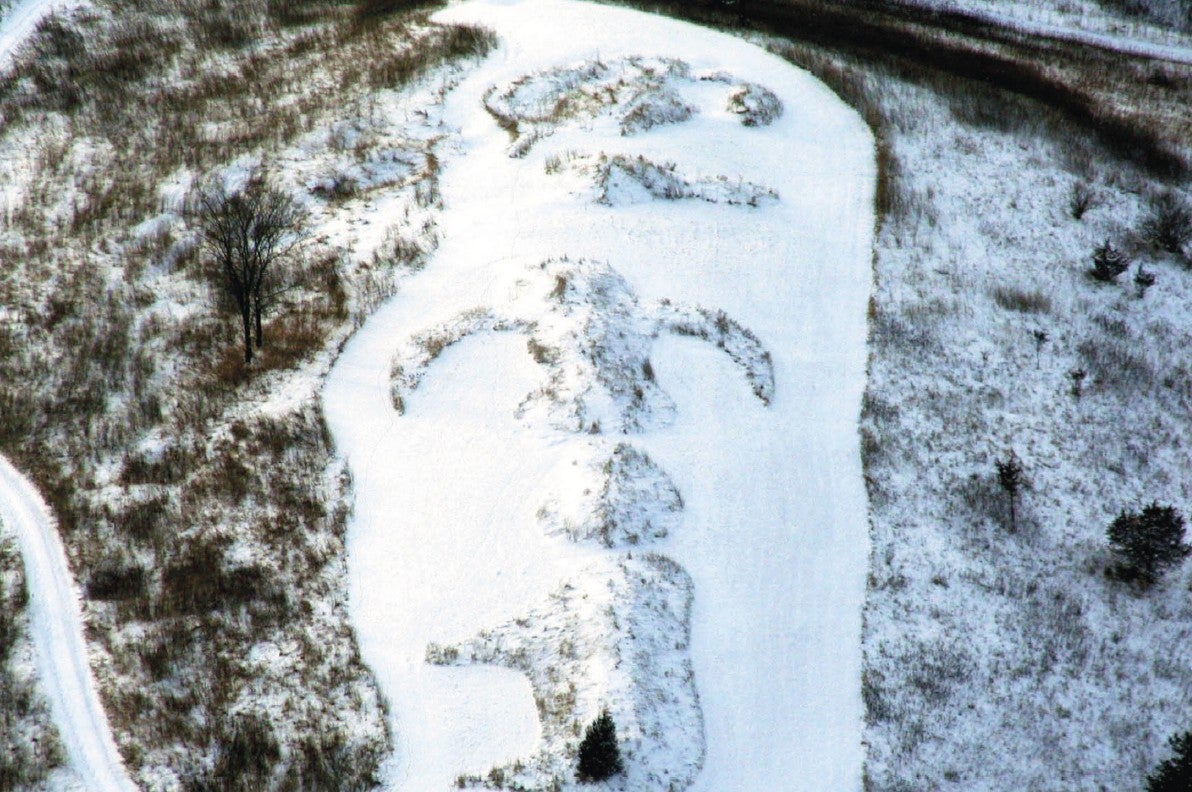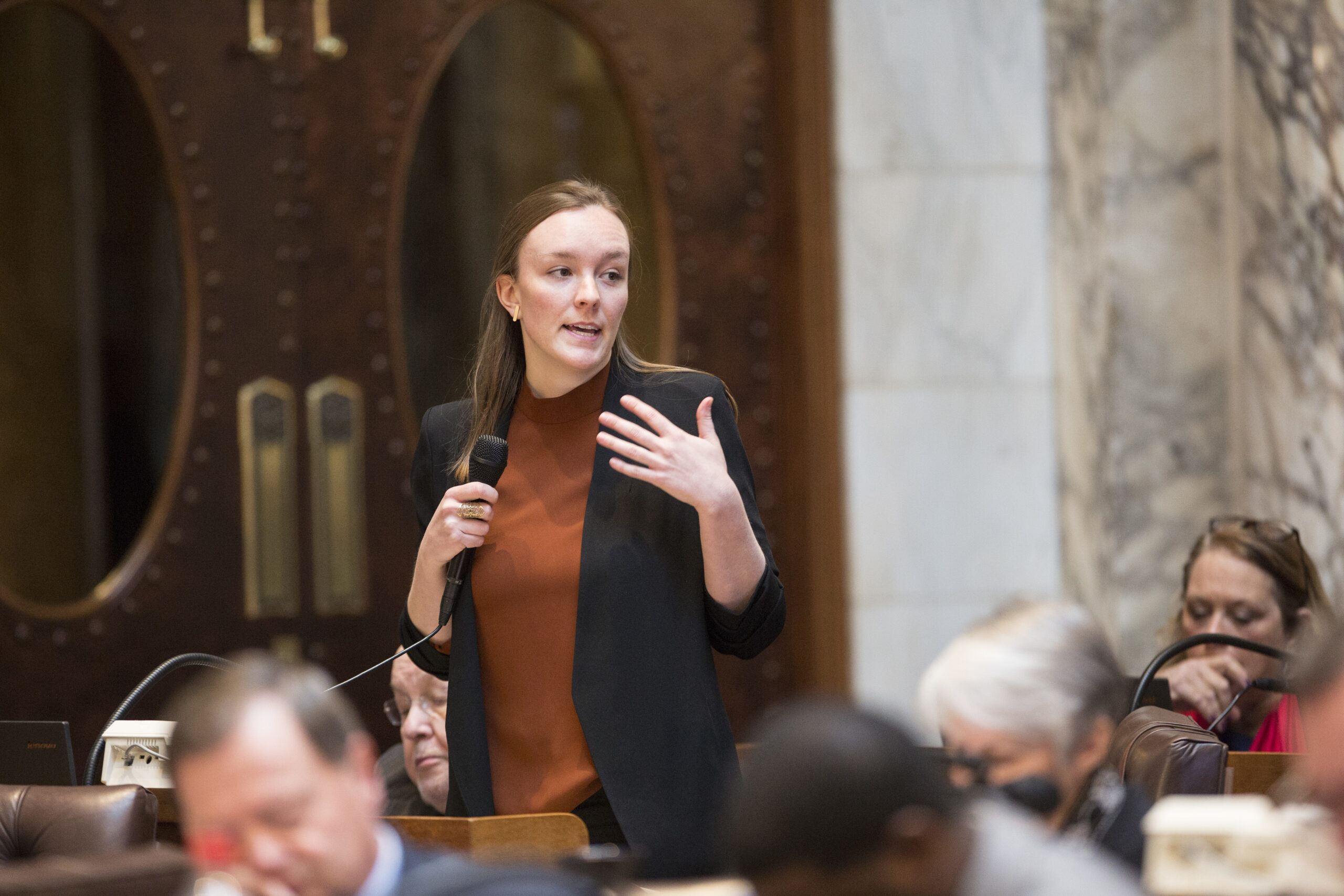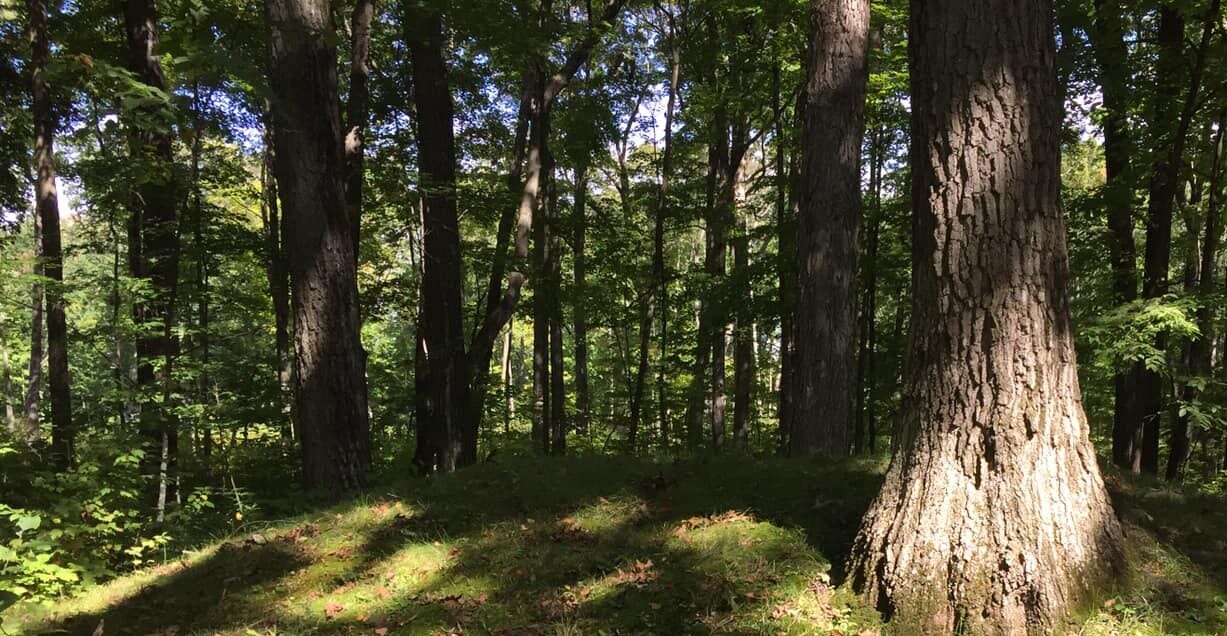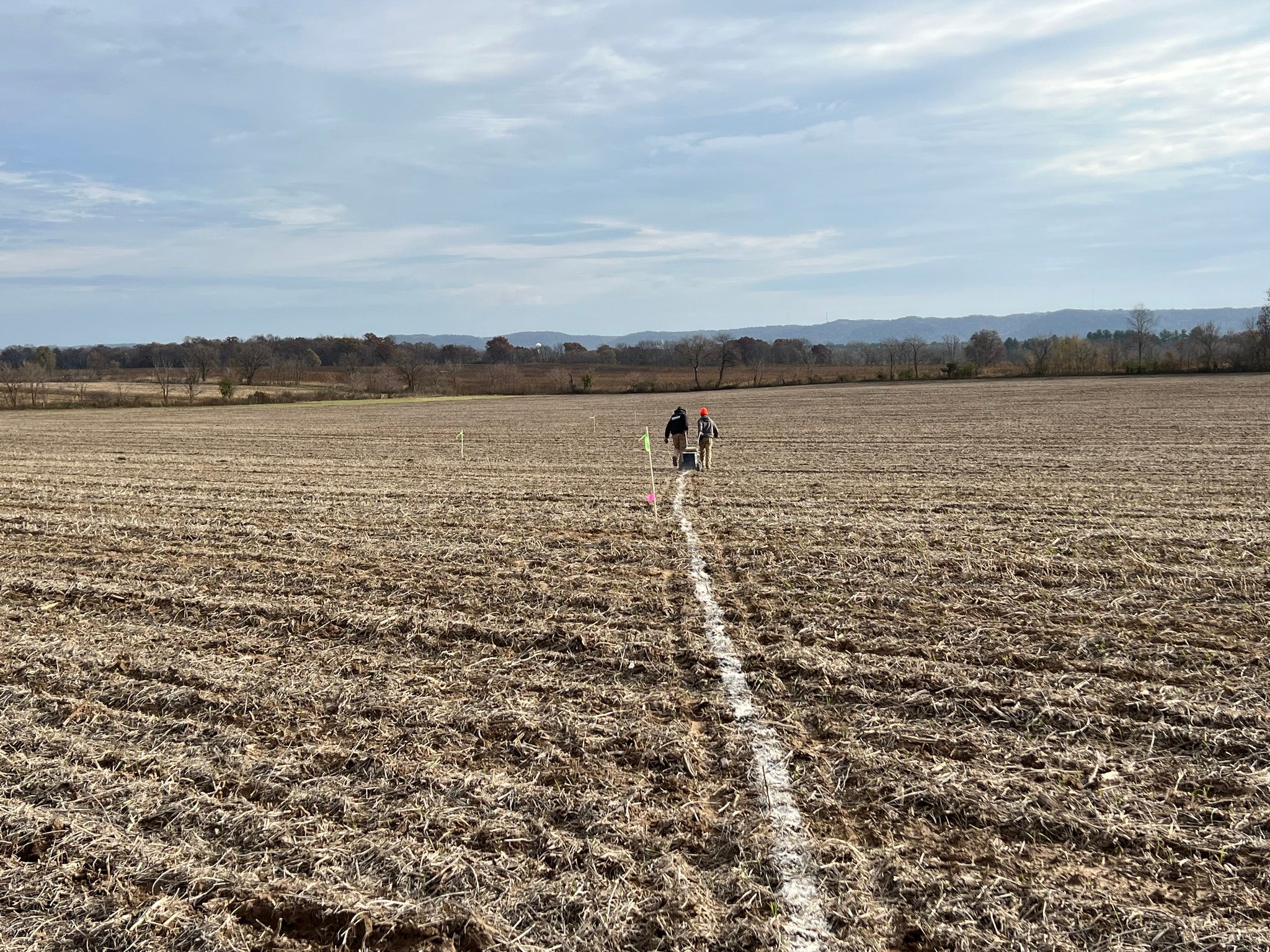Assembly Speaker Robin Vos said Tuesday that after speaking to members of the state’s Native American tribes, he thinks it’s unlikely that a bill allowing property owners to excavate effigy mounds on their land would be put up for a vote this spring.
His remarks came as hundreds of people from all 11 of Wisconsin’s Indian nations gathered at the state Capitol Tuesday, in spite of freezing temperatures, to speak out against the controversial Wisconsin Landowner Rights Act.
“This is not about landowners’ rights,” said Jon Greendeer, the former president of the Ho-Chunk nation. “This is not about correcting the burial site preservation law. This is about money.”
News with a little more humanity
WPR’s “Wisconsin Today” newsletter keeps you connected to the state you love without feeling overwhelmed. No paywall. No agenda. No corporate filter.
Current law defines a burial site as any place where human remains are buried. Under the Republican bill, if no human remains were to be found as a result of an excavation, a property owner would be able to use the land freely.
Ho-Chunk nation tribal Chief Clayton Winneshiek said that he sees Vos’s statement as a small victory, although he thinks the bill will eventually “be brought back in a different manner.” He stressed that the state’s tribes are prepared to take on the state government again if the bill is reintroduced.
Bob Shea is the owner of Wingra Stone & Redi-Mix, a construction and concrete company that has long pushed for the right to dig up burial mounds located on a privately owned quarry outside Madison.
“There is a lot of rock there that could be accessed should there not be remains. It’s highly marketable,” he said.
Later in the evening, a coalition of bill opponents gathered next to a snow-covered burial mound in Milwaukee to dance, recite poetry and sing. Event organizer Margaret Noodin, who heads a University of Wisconsin-Milwaukee institute for American Indian Education, said glad to hear Vos’s promise.
“I’m just thrilled that all over the state today — and I think in several places in the nation — people really thought about the legacy we have in these mounds,” said Noodin.
Wisconsin was once home to more than 20,000 mounds. There are somewhere between 2,000 and 4,000 remaining today.
-Chuck Quirmbach contributed reporting to this story.
Wisconsin Public Radio, © Copyright 2026, Board of Regents of the University of Wisconsin System and Wisconsin Educational Communications Board.

